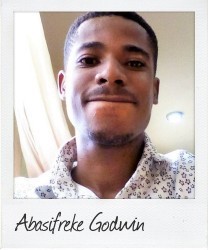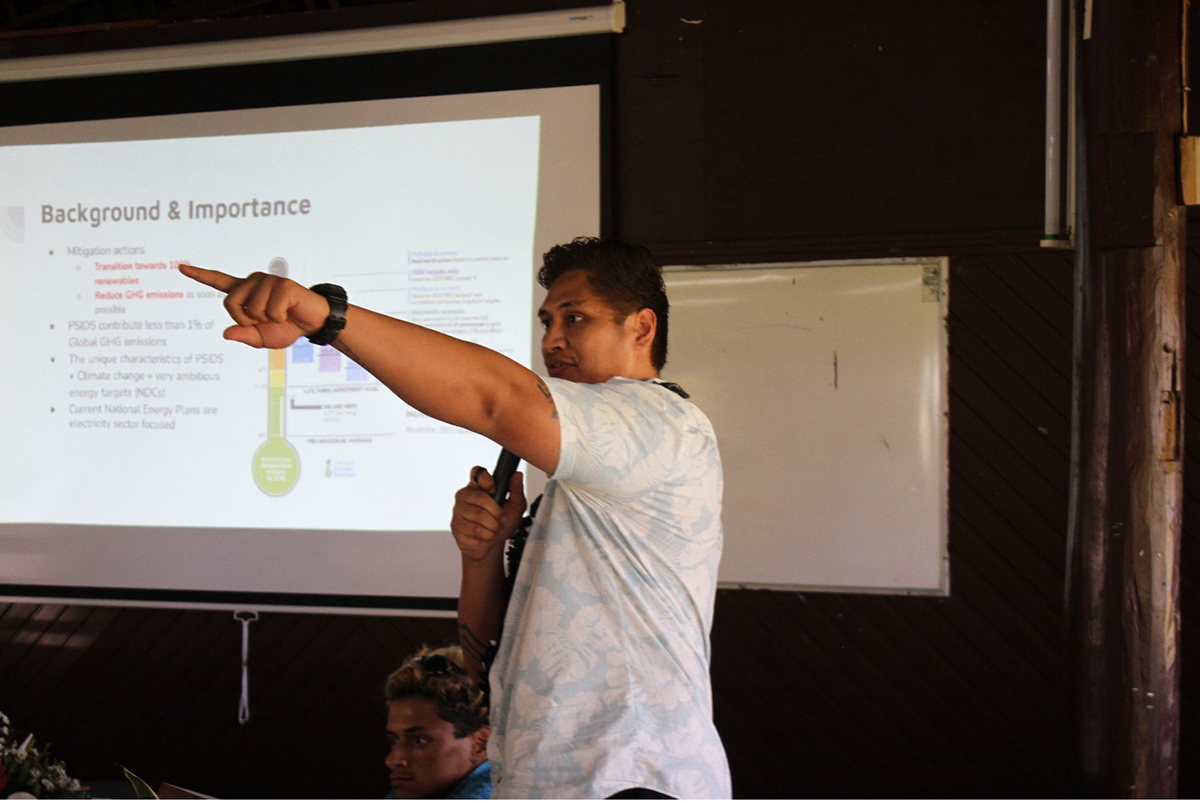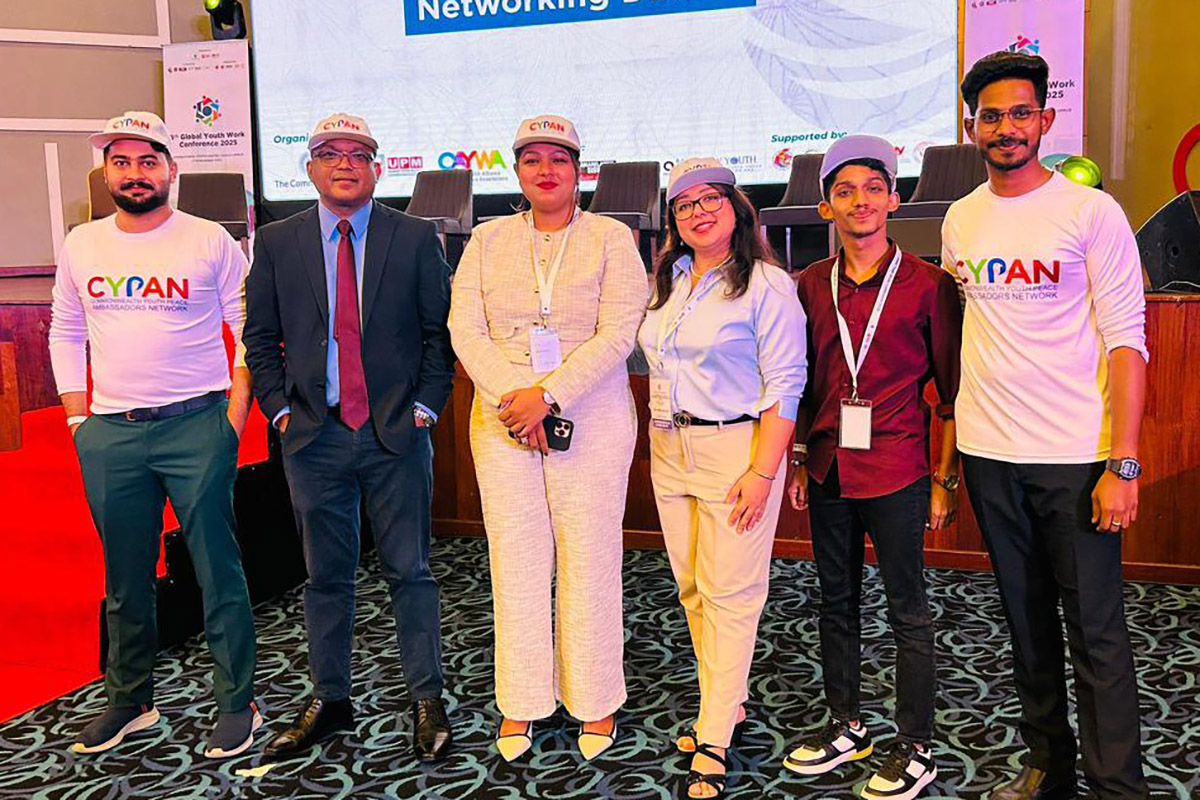“What we should have learned the first time”
October 26 Abasifreke Godwin, 22, a Correspondent from Uyo in Nigeria, writes about the delicate balance of peaceful co-existence, and youth engagement, in his home country.
Abasifreke Godwin, 22, a Correspondent from Uyo in Nigeria, writes about the delicate balance of peaceful co-existence, and youth engagement, in his home country.
As I stared out the glass window of the mini-bus that was bringing me home from a Bible studies session, I attempted to meditate on some of the preaching I had just heard. My efforts to quietly contemplate proved futile, however, as I quickly became intrigued by the discussion of two older men sitting just behind me.
Although their conversation was peaceful and courteous, it was emblematic of the kinds of discussions that are taking place in many parts of my home country of Nigeria. Today, there’s growing concern about the possibility of conflict, particularly among the country’s youth. I sat, quietly, and listened carefully to how these two men reasoned aloud about why a possible revisiting of sentiments that existed during the civil war of 1967-1970 could be devastating.
From thoughts of killing to destruction, of poverty, disease outbreaks, and more, I gained lot of information’s about the need for peaceful coexistence in times like this in my country where there are lot of challenges facing us as a nation.
After a few weeks, it became evident to me that I should write and report to others around the world about this issue. I want to use this opportunity to beckon the attention of our Commonwealth counterparts to help rescue this concerning situation in my country.
At the heart of this growing concern is the Indigenous People of Biafra (IPOB), which is a separatist organisation led by Nnamdi Kanu. This group wants a number of states in south-east Nigeria, made up mainly of people from the Igbo ethnic group, to break away from Nigeria and form the independent nation of Biafra. To achieve this, the group is calling for a referendum, stating that they will continue to agitate until the Nigerian government fixes a date for the referendum “to settle the issue of Biafra in a civilised and democratic manner”.
 On 20 September 2017, a Federal High Court in Abuja granted the Nigerian federal government an interim injunction proscribing the activities of the Indigenous People of Biafra. Amnesty international has accused the Nigeria army of killing at least 150 members of the IPOB, with video evidence, at Nkpor in Anambra State from 29 to 30th of May 2016, which coincided with celebrations of Biafra remembrance day. There are several other reports about the IPOB that underscore the increased possibilities for the outbreak of war if appropriate measures are not considered and carried out soon.
On 20 September 2017, a Federal High Court in Abuja granted the Nigerian federal government an interim injunction proscribing the activities of the Indigenous People of Biafra. Amnesty international has accused the Nigeria army of killing at least 150 members of the IPOB, with video evidence, at Nkpor in Anambra State from 29 to 30th of May 2016, which coincided with celebrations of Biafra remembrance day. There are several other reports about the IPOB that underscore the increased possibilities for the outbreak of war if appropriate measures are not considered and carried out soon.
It is my sincere hope that the current state of peaceful co-existence can exist in my country. Moreover, actions that address the plight of the youth communities in Nigeria needs immediate consideration. With certainty, if these ‘agitations’ result in war outbreak, many young people will be the ones on the front-lines of the conflict. From there, destruction, physical impairments, poverty, family separations, and exile are inevitable.
Photos: courtesy of Abasifreke Godwin
…………………………………………………………………………………………………………………
Profile Text: I am currently pursuing my bachelor’s degree in Electrical/Electronics in the University of Uyo, Uyo Akwa Ibom state, Nigeria. My passion is writing alongside speaking, humanitarian services, and peace facilitation. I am aspiring to reach the climax of my career as an engineer by training and an evangelist by calling so I could represent and be a voice to the voiceless here in Nigeria and worldwide.
…………………………………………………………………………………………………………………
Opinions expressed in this article are those of the author and do not necessarily represent the views of the Commonwealth Youth Programme. Articles are published in a spirit of dialogue, respect and understanding. If you disagree, why not submit a response?
To learn more about becoming a Commonwealth Correspondent please visit: http://www.yourcommonwealth.org/submit-articles/
…………………………………………………………………………………………………………………




